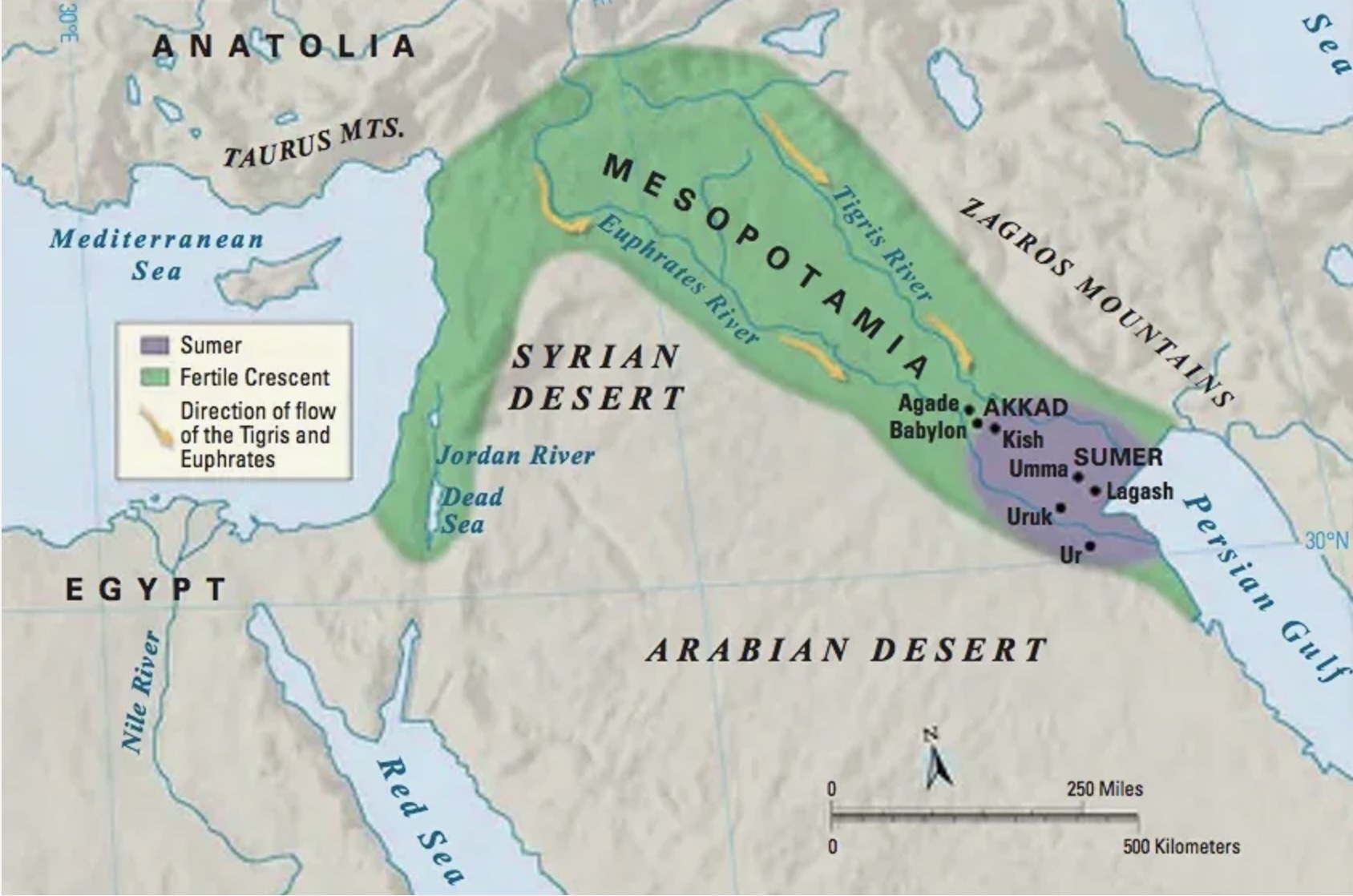The Babylonian Civilization as a Center of Law and Culture
- Подробности
- 143
The Babylonian Civilization is regarded as a major center of law and culture in the Mesopotamian world. Established with its capital at Babylon, it became famous for the Code of Hammurabi, one of the earliest written systems of laws. Babylon also flourished as a hub of learning, literature, and monumental architecture, leaving a lasting legacy on the cultural and legal traditions of the ancient Near East.
The Babylonian Civilization

The Babylonian civilization became a leading power in Mesopotamian history. In the 18 th century BC, King Hammurabi turned Babylon from a small city-state on the Euphrates into the capital of a strong kingdom. The name Babylon, “Gate of the Gods,” showed its role as a cultural and political center.
What did they keep and create? They kept cuneiform writing and Sumerian traditions, but also gave the world the Code of Hammurabi—one of the first written law systems. These laws regulated daily life and showed that the king must protect justice and the weak. They also studied mathematics, astronomy, and built great ziggurats to honor their gods, especially Marduk.
What about religion and stories? The Tower of Babel became the most famous biblical story linked to Babylon: people tried to build a tower to reach heaven, but their languages were confused and they could not finish it. This story symbolized both human pride and the city’s fame.
Why did Babylon decline? After Hammurabi, the kingdom weakened, was attacked by the Hittites and ruled by the Kassites. Later, under Nebuchadnezzar II, it became strong again, with its great walls and the Hanging Gardens . Nebuchadnezzar is shown in the Bible as Babylon’s mighty king who destroyed Jerusalem and exiled the Jews. Later, in Daniel, he is humbled for his pride and comes to recognize God’s supreme authority. But in 539 BC it fell to Cyrus the Great of Persia.
Even after losing power, Babylon remained an example of lawmaking, astronomy, and temple worship for later empires.
LISTEN TO THE TEXT




